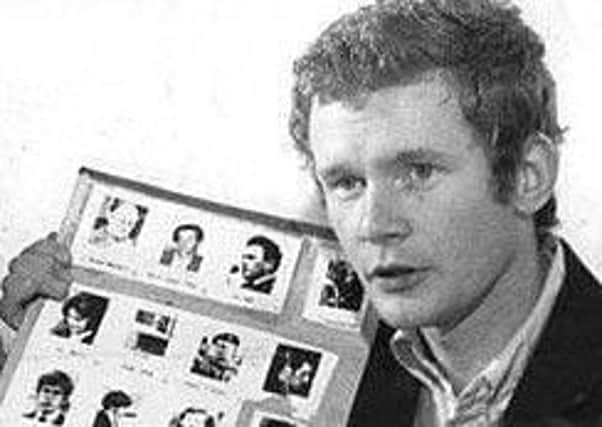National newspapers discuss legacy of Martin McGuinness


In the Spectator, in an article entitled ‘What Martin McGuinness’s eulogisers would like to forget’, Jenny McCartney said: “The older McGuinness could certainly exude courtesy and joviality, and got along with the DUP with a warmth that is unimaginable from Gerry Adams, with his cold well of creepiness.
“But McGuinness saw Provisional IRA violence chiefly through the lens of strategy rather than humanity, and did so until the end of his days.”
Advertisement
Hide AdAdvertisement
Hide AdShe added: “The violence stopped not because it was bad morality, but because it was becoming bad strategy.”
Writing for the Guardian, Anne McHardy said of Mr McGuinness: “The cuddly, chess-playing and fly-fishing grandfather figure that he presented in later life was real – but so too was the guerrilla hard man of the 1970s, who neither smoked nor drank, partly because he was a member of the Catholic Pioneer temperance group, but also to minimise the pressures that might break him under interrogation.”
She also stated: “Oddly, public trust in him was strengthened by his admission in 2001 that he had been in the IRA, although at the time Paisley seized on it as proof that Sinn Féin was indeed Sinn Féin/IRA, as the DUP insisted, rather than two organisations, one political, the other the army, as Sinn Féin said.”
The Telegraph pointed out the IRA had assassinated Earl Mountbatten of Burma – the Queen’s second cousin – and his 14-year-old grandson.
Advertisement
Hide AdAdvertisement
Hide Ad“But 33 years after those murders, Her Majesty found herself shaking the ‘bloodied’ hands of the ‘Butcher of Bogside’,” they said, adding, “The Queen’s offer to send private condolences to Bernie, his widow, shows just how far he had travelled from IRA enforcer to senior establishment figure.”
For the Observer, Andre Walker wrote: “Today, we are so used to Islamic jihadists attacking civilians for no obvious reason other than pure hate. McGuinness did not enjoy killing, but he was willing to do it to forward his agenda. Once his agenda was better served by peace, McGuinness was quick to negotiate.”
Finally in the Telegraph, a short letter from Tony Ellis from Northwood in Middlesex stated: “Sir, your obituary states that Martin McGuinness left a widow. In fact, he left hundreds of widows.”